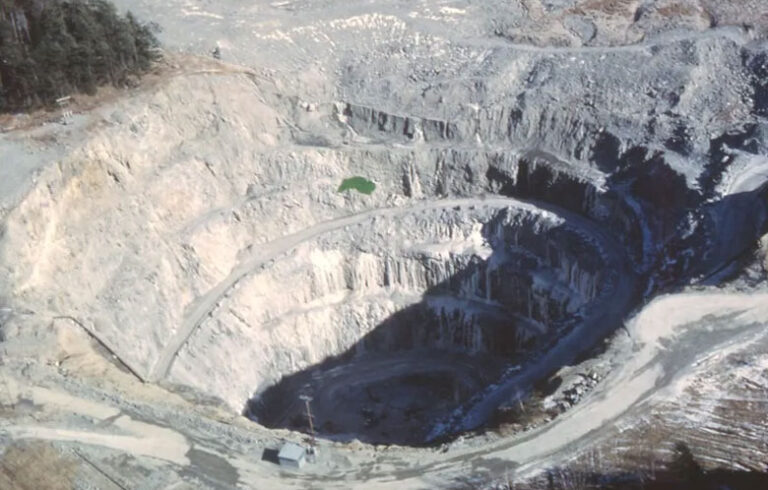Land of Cockaigne
By Jeffrey Lewis, Haus Publishing Ltd. (2022)
The central thing you need to know about the protagonist family in Jeffrey Lewis’s novel Land of Cockaigne is that they are from away.
Walter and Catherine “Charley” Rath arrived in Sneeds Harbor, located somewhere along the rim of Mount Desert Island, after Walter had made a ton of money early in the Silicon Valley heyday. They bought a yawl, sailed around, found Sneeds, and decided it was a quaint, remote place to make a home.
A pretty nice home, of course. In their own patient time, the Raths come to fit into the community. Their son, Stephen, is born and attends the local elementary school. Enough trust builds up around Walter to get him elected a selectman.
Everyone, however, remains aware of the socioeconomic divide between town and Raths, as evidenced in Stephen’s hilarious, uncomfortable interactions with his little friends from the town’s trailer park.
Walter hires Donnie Cormer, the father of one of Stephen’s friends, to caretake their home. Donnie is one of those rock-solid, stand-up guys whose integrity quietly keeps small Maine towns running. As time goes by, he remains loyal to the Raths and the Raths to him, even amid the inevitable town chatter about them, some of it warm, some chronically skeptical, some kind of nasty.
They bought a yawl, sailed around, found Sneeds, and decided it was a quaint, remote place to make a home.
Eventually Stephen goes off to college and gets involved in social work. In New York City, a random disaster shakes everything up, launching the main story.
Charley and Stephen’s black girlfriend, Sharon, concoct a plan to build in Sneeds Harbor a sort of glorified summer camp for underprivileged young men from the city. Walter skeptically calls it a “land of cockaigne,” invoking the 16th-century painting by Pieter Bruegel the Elder depicting peasants lolling in gluttony and satiety.

Charley is chafed by Walter’s skeptical irony. And likewise, the possibility of actual cocaine and other defilements infiltrating Sneeds Harbor chafes some of the townspeople, especially those with a disposition to suspect people of color—which the campers are expected to be—of being rife with criminality. A former governor’s actual embarrassing words are put to biting, ironic use in illustration of this.
As the camp takes shape, so do long-underlying frictions between the well-off Raths and the less-well-off locals, as well as between Charley and Walter. The camp’s pros and cons, so to speak, are debated in town gatherings, unofficial and official. Rumor and fear bubble together.
In one chillingly realistic conversation, stolid Donnie is harangued by his buddy Rine, who has been surfing conspiracy-theory websites.
“Where would you guess” Rine says, “Walter Rath comes from?”
“Michigan.”
“Yeah, but ethnicity. Nationality. What I’m saying, we got a socialistic plot right here in River City. It could be a small part of the enchilada, but it’s definitely a part, one more part, and they get enough parts together and that’ll be the ball game. You know who Karl Marx was, Donnie? … Karl Marx was the whole inventor of communism, and he was … a Jew. … And Walter Rath? … Jew.’”
Charley, Rine observes, could be Jew “by proximity.”
Donnie has bitter choices to make between the Raths and his town.
The young men at the camp are mostly black and Latino, and in the latter part of the story we learn as much about several of them as we do about some of the townspeople, amid funny, ironic, and eventually violent events surrounding the camp.
Jeffrey Lewis’s skills as an Emmy Award-winning TV screenwriter translate artfully into a skillful, skating literary voice whose wry tone and quirky diction dance, throughout, on the edge of glibness. But the story nonetheless conveys an accurate feel for the ways values sprung from sharply different means both mesh and clash in small towns like those around MDI and Castine, where Lewis is a part-time resident.
There is plenty for everybody to laugh uncomfortably at in this book.
Dana Wilde is a member of the National Book Critics Circle.





